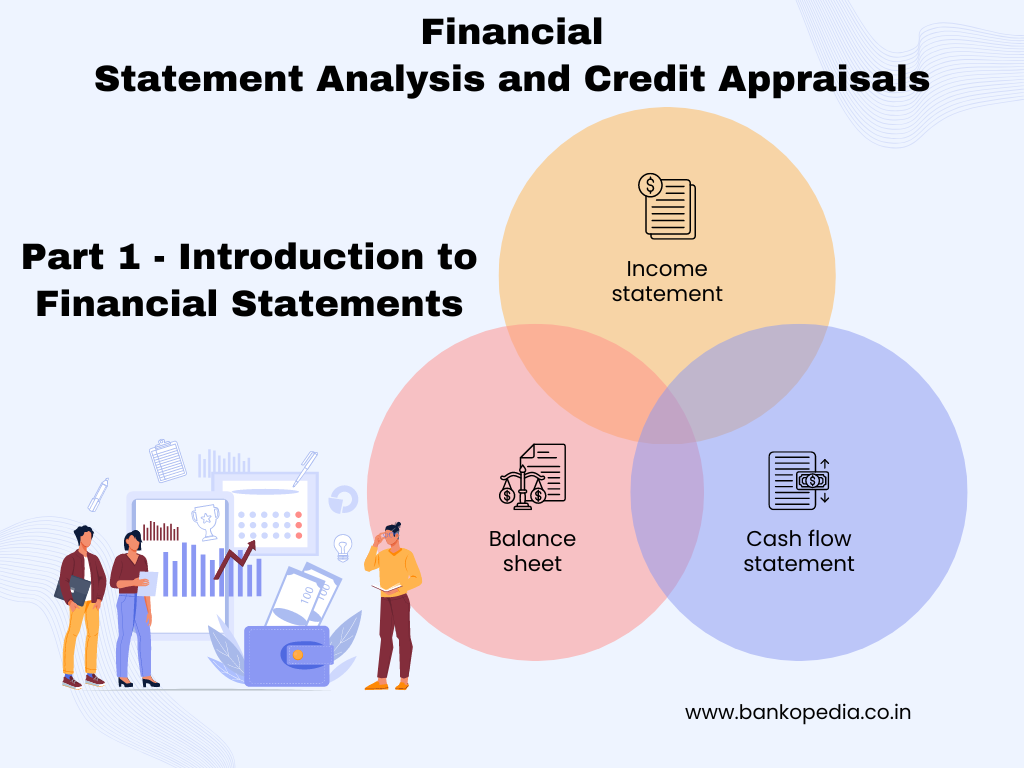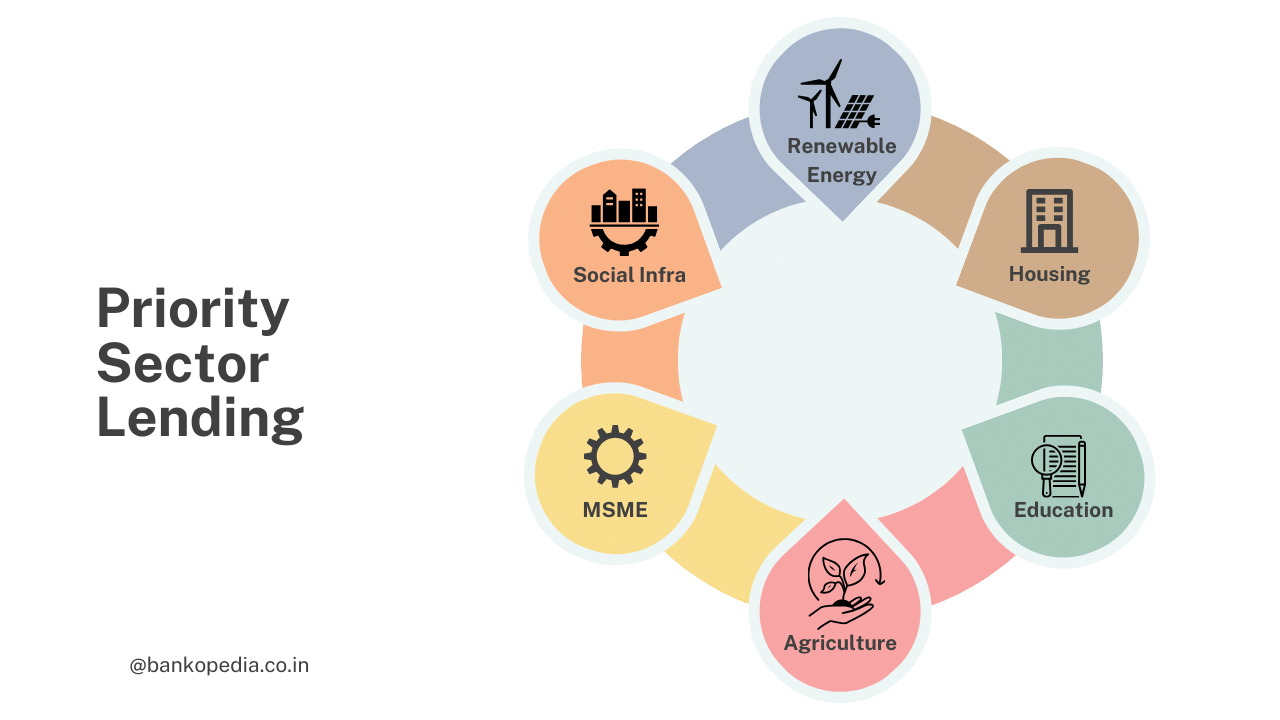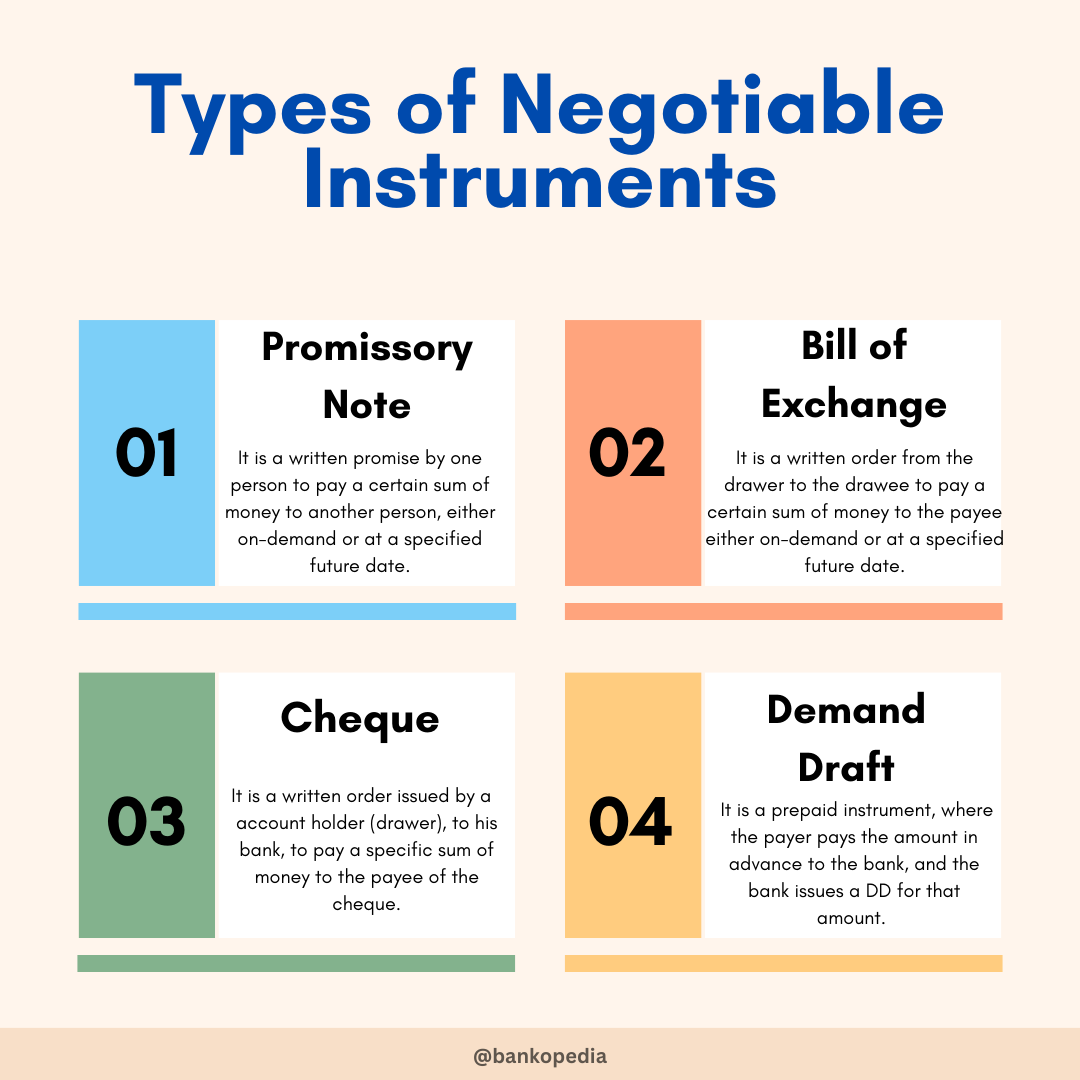Hedging is a risk management strategy used to protect against potential losses due to fluctuations in currency exchange rates. In international trade or investments, companies and individuals exposed to exchange rate risk often use hedging to minimize adverse impacts of currency movements.
USD/INR Hedging Example
Let’s imagine an Indian company, ABC Exports, that expects to receive a payment of $100,000 in three months for goods it has sold to a US-based client. Here’s how the exchange rate risk and hedging might work:
- Exchange Rate Risk: Currently, let’s say 1 USD equals 80 INR. At this rate, ABC Exports would receive ₹8,000,000 when the payment comes in. However, if the INR appreciates (gets stronger) against the USD over the next three months, the company might receive fewer rupees when converting the dollars. This uncertainty due to exchange rate fluctuation is the risk ABC Exports faces.
- Hedging the Risk: To protect against this downside risk, ABC Exports can use a hedging instrument like a forward contract. Here’s how that works:
- Forward Contract: ABC Exports enters into a forward contract with a bank or financial institution. The contract locks in an exchange rate for the future date when the $100,000 payment is due, regardless of how the actual spot exchange rate might change in the market.
- Guaranteed Rate: Let’s say the forward contract sets an exchange rate of 1 USD to 78 INR. Even if the spot exchange rate on the payment date is 1 USD to 75 INR (INR has appreciated), ABC Exports is guaranteed to receive ₹7,800,000, eliminating the exchange rate risk.
Why Companies Hedge
Companies use hedging for various reasons:
- Budget Certainty: Hedging allows companies to predict cash flows and revenues more accurately, aiding in better financial planning and budgeting.
- Protection Against Losses: It safeguards businesses against unfavorable exchange rate movements, which could erode profits or even lead to losses.
- Focus on Core Operations: Hedging enables companies to focus on their primary business operations rather than constantly worrying about market volatility.
Types of Hedging Instruments
Besides forward contracts, other common hedging instruments include:
- Futures Contracts: Similar to forward contracts but traded on exchanges, providing more standardization.
- Options Contracts: Give the holder the right, but not the obligation, to buy or sell a currency at a predetermined price on or before a specified date.
- Money Market Hedging: Involves borrowing or lending in different currencies to offset exchange rate exposure.
Important Note: While hedging reduces risk, it might also limit potential gains if exchange rates move favorably. Companies need to carefully evaluate their risk tolerance and financial goals before choosing a hedging strategy.











